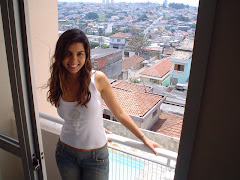Déjà Vu: Have You Been Here Before?
Discover Types Of Déjà Vu And Common Causes
By Erica Mains
Déjà vu is a fairly common experience. According to research by Dr. Vernon Neppe, almost 70 percent of the population experiences this effect at least once in their lives. It is easy to define déjà vu; however, the cause of that familiar feeling is proving very difficult to pin down. Learn what deja vu is, and what may cause this eerie sensation of having been there before.
Origins of the Phrase Déjà Vu
The phrase déjà vu is French and means “already seen.” Webster’s suggests that the word entered the English language in the early years of the 20th Century. The French psychic researcher, Emile Biorac coined the phrase in a book which expanded upon his undergraduate research.
What Is Déjà Vu?
Déjà vu is the sensation of having a memory or a feeling of familiarity about a place or situation, even though the place or situation is quite unfamiliar. This feeling of reliving something that has already happened is often accompanied by a sensation of eeriness or oddness concerning the place or situation. The effect can be quite disconcerting, as the person experiencing déjà vu attempts to discover just how he or she came by this feeling.
Arthur Funkhouser, a doctor working in Switzerland, has defined three distinct types of déjà vu. The first type, deja vecu, is the experience that most people associate as déjà vu. Deja vecu is the experience that the current events have already been lived through. This intense experience involves most of the senses and is more common in younger people, under the age of 25. One of the hallmarks of deja vecu is that the experience seems to involve very ordinary events, rather than life-shattering ones.
quinta-feira, 16 de outubro de 2008
Assinar:
Postar comentários (Atom)






























































Nenhum comentário:
Postar um comentário